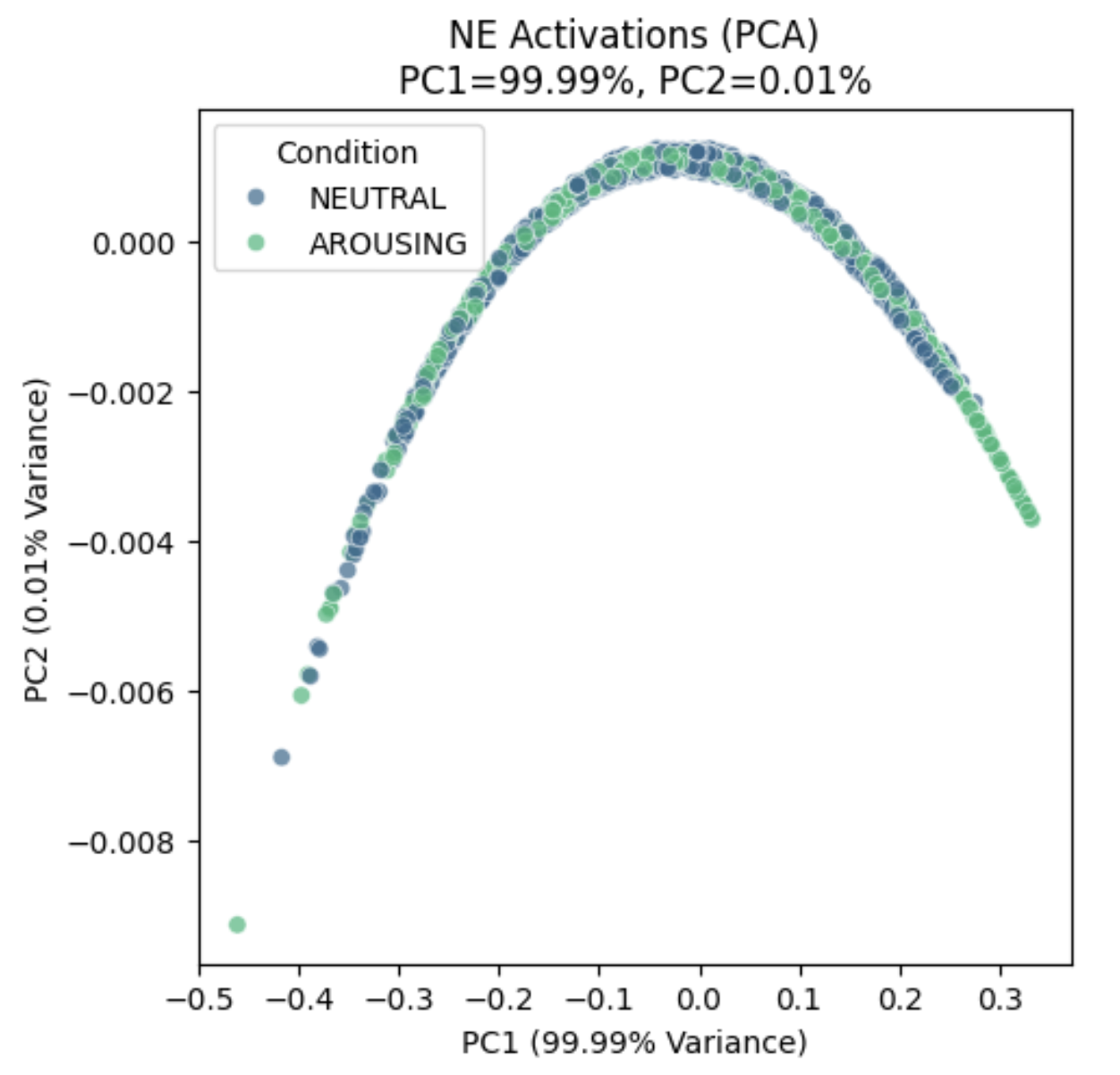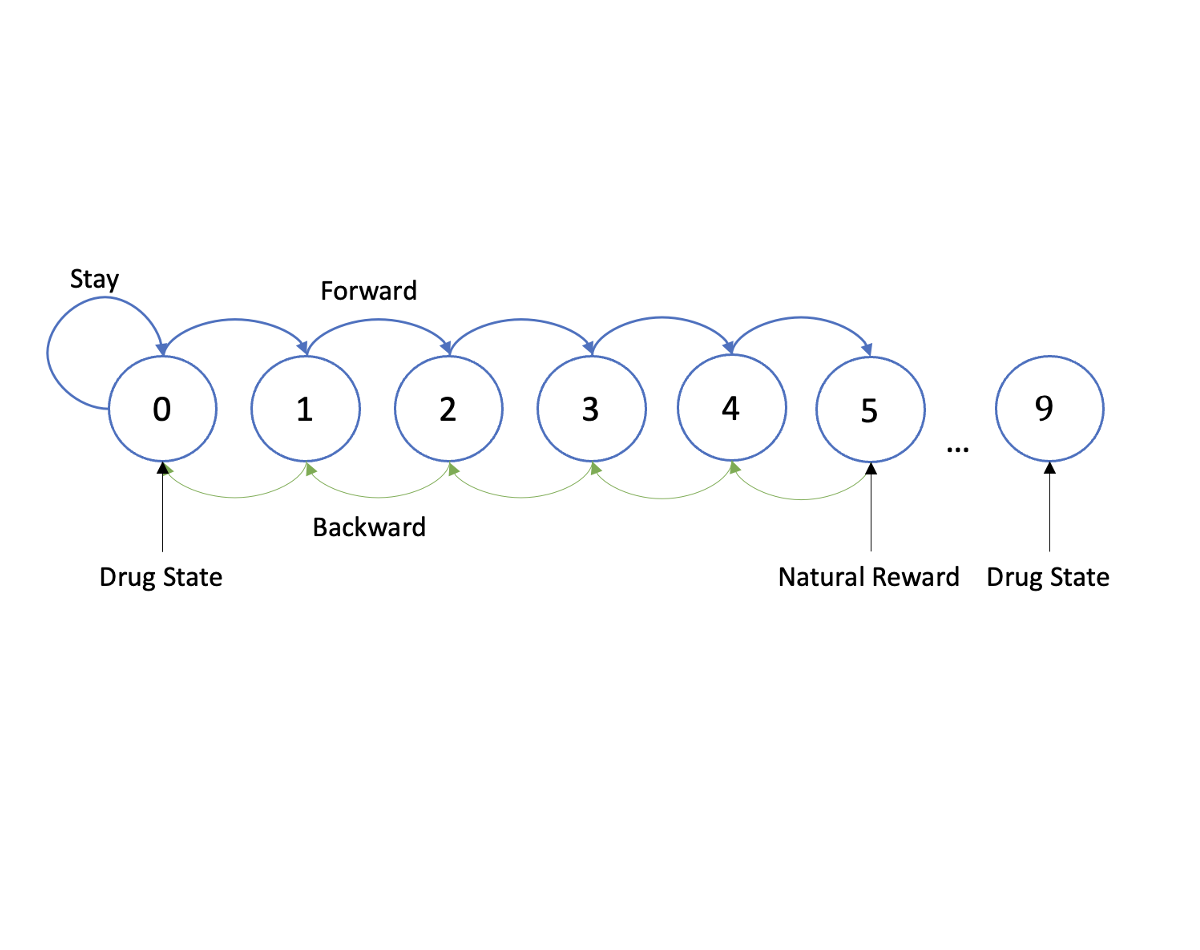Some fun data science and neuroscience project that I have worked on:
Data Science Projects
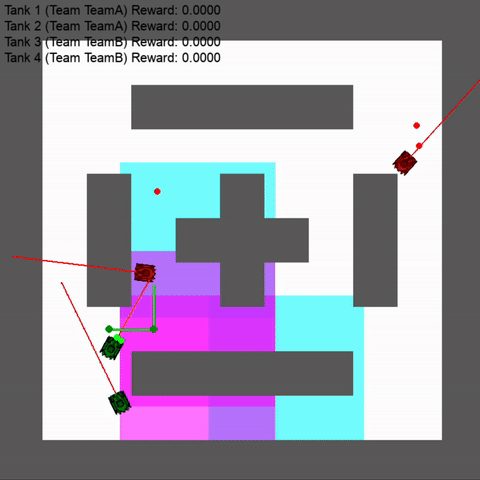
Learn From Your Enemy
Full end-to-end A-MARL framework for competitive and cooperative AI training.
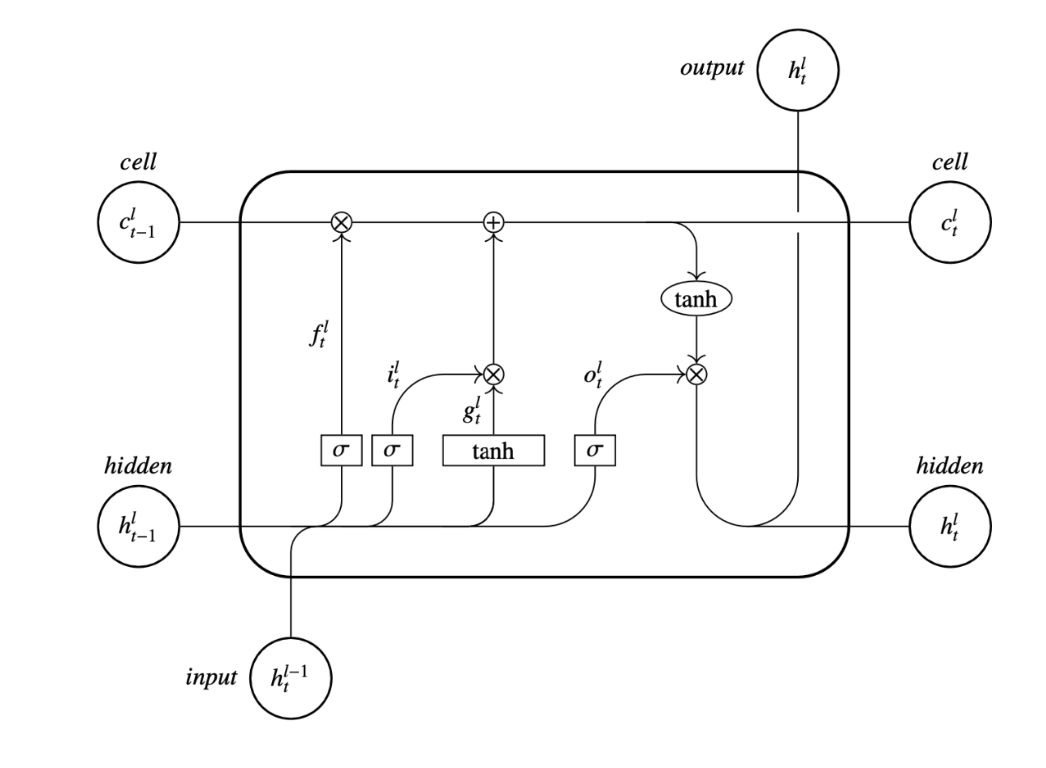
Sequential Dynamics Recommendation Systems
Building recommendation systems using sequential data.
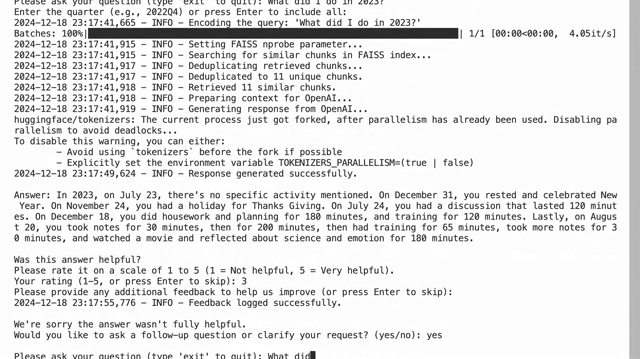
Personal "Chat" Database For Study Data
Building a database for my study data.
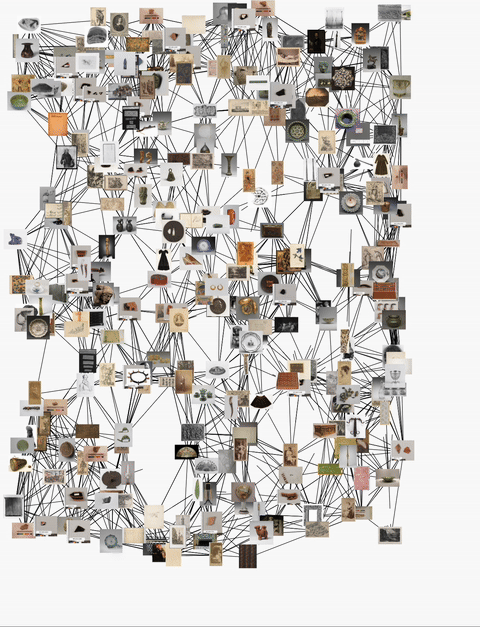
Laplacian Eigenmap Visualization
Intuitive visualization of dimensional reduction algorithm.
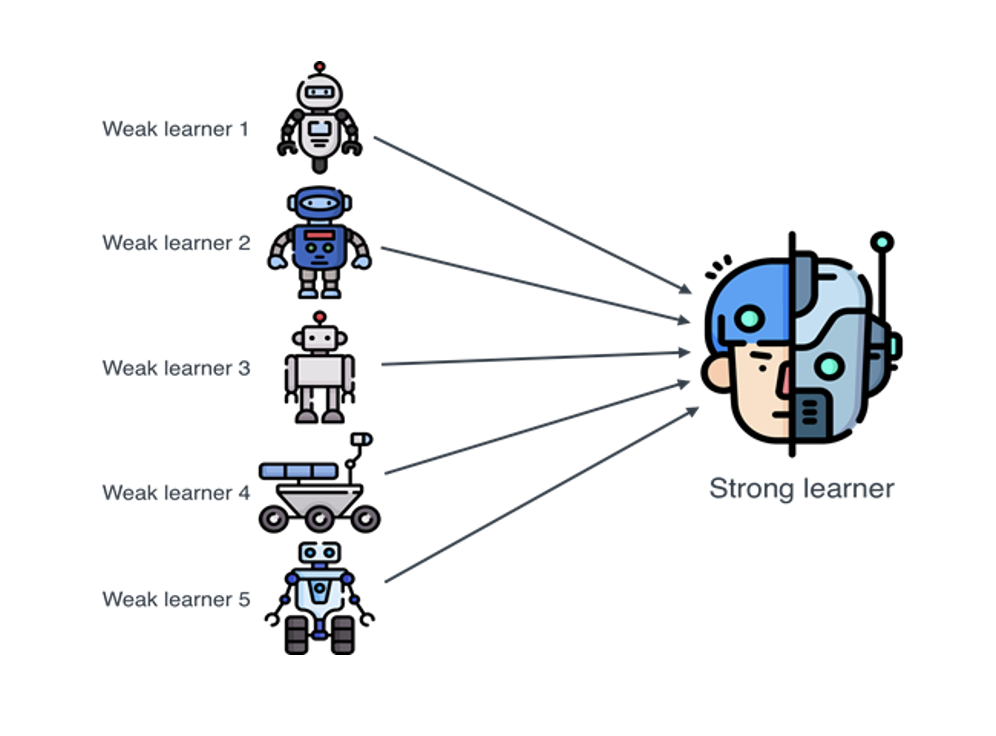
Robust Ensemble Learning
Ensemble learning in highly imbalanced datasets.
